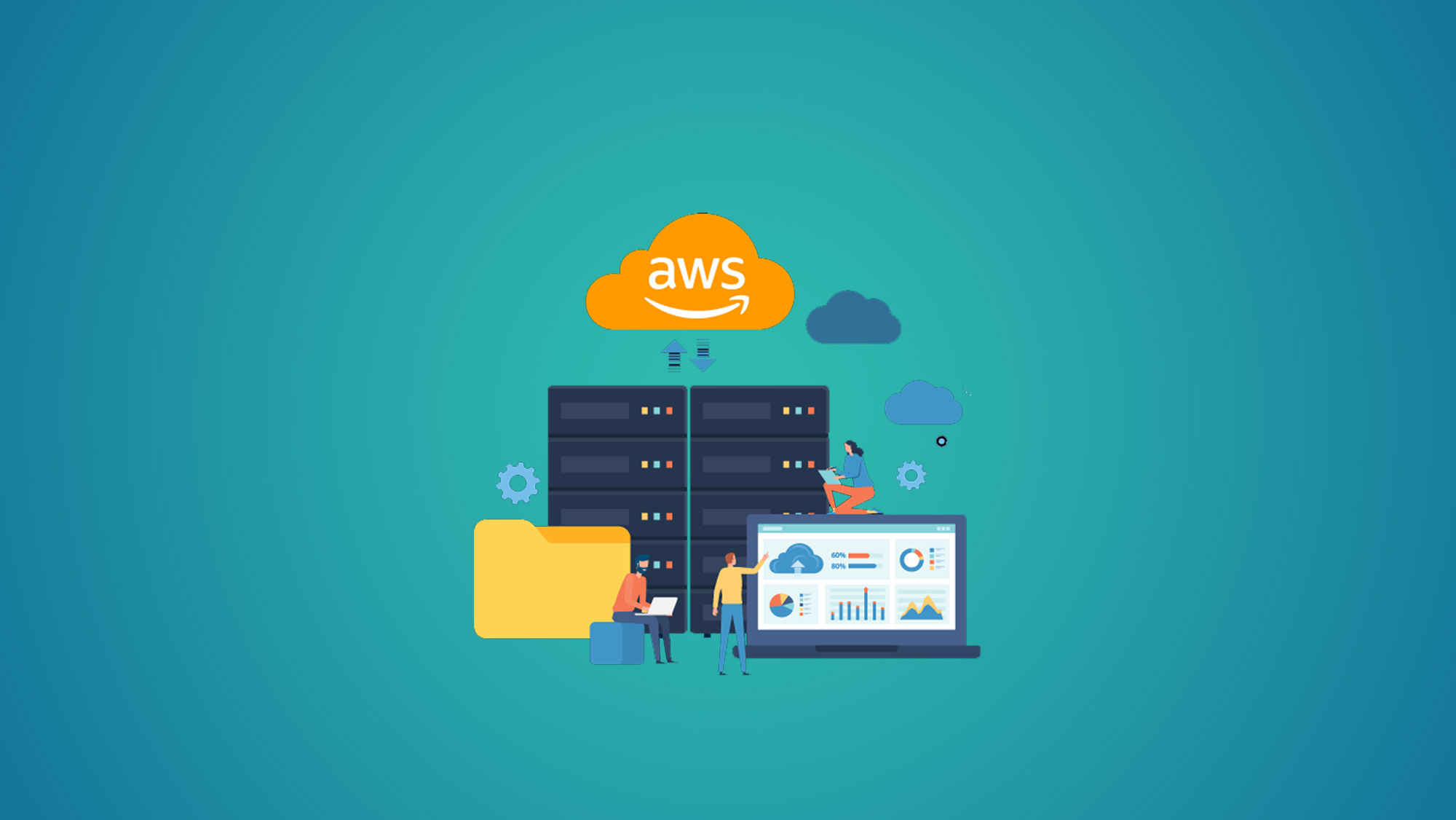Becoming an AWS SysOps Pro: Essential Training for Cloud Management
Introduction:
AWS SysOps is a critical role in managing and operating systems on the Amazon Web Services (AWS) cloud platform. To excel in this role, comprehensive training is essential. This blog explores the importance of AWS SysOps training, its benefits, and how it equips professionals with the necessary skills to become AWS SysOps Pros.
1. Understanding AWS SysOps:
Gain a clear understanding of the AWS SysOps role and its significance in managing and maintaining AWS cloud infrastructure. Explore the responsibilities of an AWS SysOps professional, including system monitoring, troubleshooting, and optimizing performance.
2. The Importance of AWS SysOps Training:
Discover the importance of AWS SysOps training in mastering the skills needed for effective cloud management. Learn how training enhances knowledge of AWS services, best practices, and operational procedures, ensuring efficient and reliable cloud operations.
3. Comprehensive Training Curriculum:
Explore the comprehensive curriculum offered in AWS SysOps training. From foundational AWS services to advanced topics, delve into areas such as infrastructure management, security, compliance, deployment, and monitoring.
4. Hands-on Experience and Practical Labs:
Learn how AWS SysOps training provides hands-on experience through practical labs and real-world scenarios. Understand the significance of working with AWS management consoles, CLI (Command Line Interface), and SDKs (Software Development Kits) to gain practical skills.
5. AWS Services and Tools:
Explore the wide range of AWS services and tools relevant to the SysOps role. Dive into services like EC2 (Elastic Compute Cloud), S3 (Simple Storage Service), RDS (Relational Database Service), VPC (Virtual Private Cloud), and CloudWatch for monitoring and managing AWS resources.
6. Operational Best Practices:
Discover operational best practices for AWS SysOps professionals. Learn about cost optimization, security and compliance measures, backup and recovery strategies, scaling, and automation techniques. Understand how to leverage these practices to ensure reliable and efficient cloud operations.
7. Security and Compliance:
Gain insights into AWS security and compliance considerations. Explore concepts such as IAM (Identity and Access Management), encryption, network security, and compliance frameworks like GDPR and HIPAA. Learn how to implement robust security measures and adhere to compliance standards.
8. Troubleshooting and Performance Optimization:
Learn troubleshooting techniques to identify and resolve issues in AWS environments. Understand how to use AWS CloudTrail, CloudWatch, and other diagnostic tools to monitor system performance, identify bottlenecks, and optimize resource utilization.
9. Disaster Recovery and High Availability:
Explore strategies for disaster recovery and achieving high availability in AWS. Learn about backup and restore mechanisms, multi-region architectures, load balancing, and auto-scaling. Gain knowledge to ensure business continuity and resilience in the face of failures or disruptions.
10. Continuous Learning and Certification:
Embrace the culture of continuous learning in AWS. Discover resources, AWS whitepapers, user forums, and AWS certification paths that facilitate ongoing skill development and career advancement. Understand the benefits of AWS certifications in validating your expertise as an AWS SysOps Pro.
Conclusion:
Becoming an AWS SysOps Pro requires essential training to master the skills necessary for effective cloud management. Through comprehensive AWS SysOps training, professionals can acquire the knowledge and practical experience needed to manage and operate AWS environments with confidence. Embrace the power of AWS SysOps training and unlock a rewarding career in cloud management, ensuring efficient, secure, and scalable operations on the AWS platform.
You May Also Like
These Related Stories

Everything You Need To Know About AWS SysOps Training

Streamline Cloud Management:Unlocking the Power of AWS SysOps Training




No Comments Yet
Let us know what you think